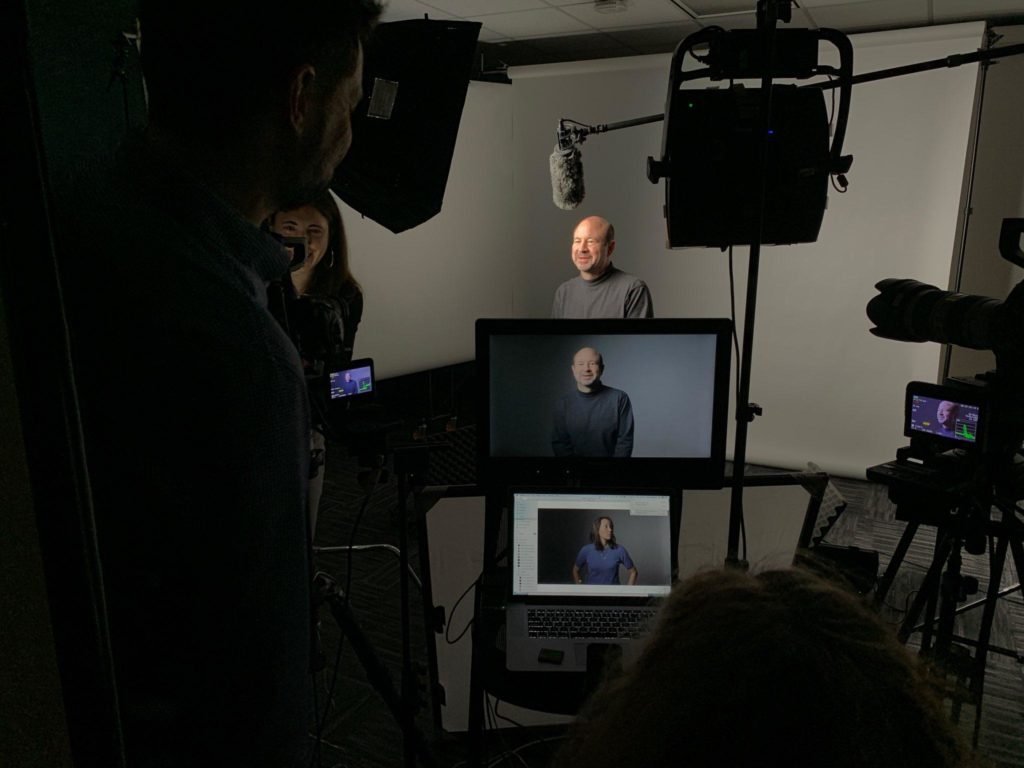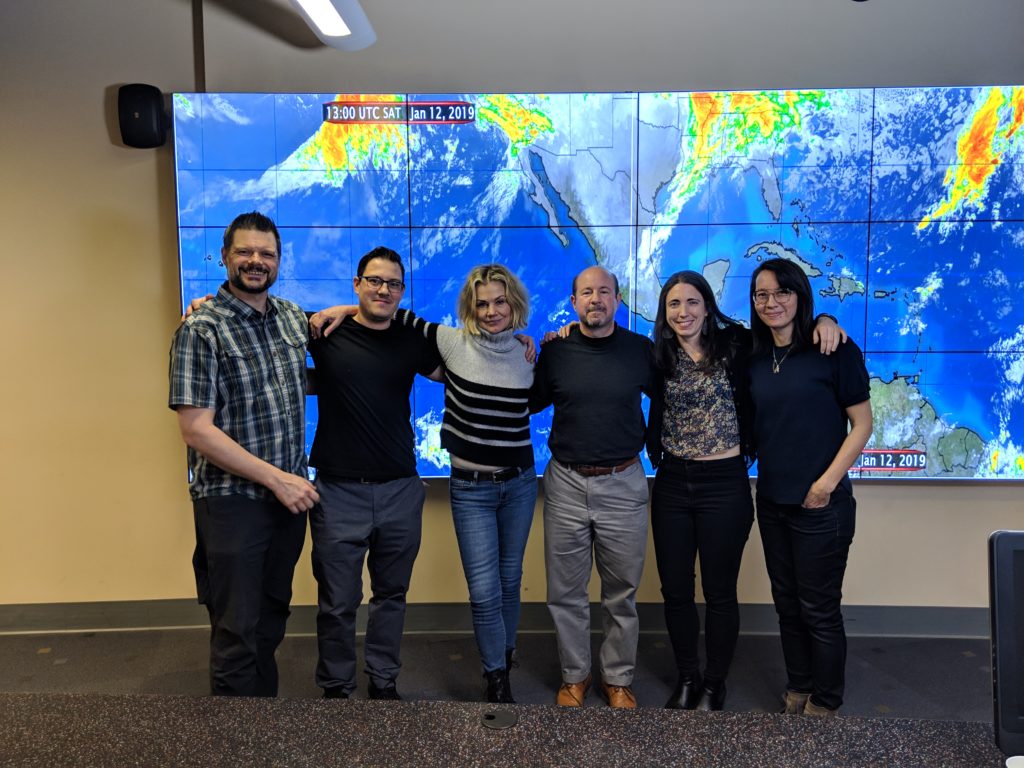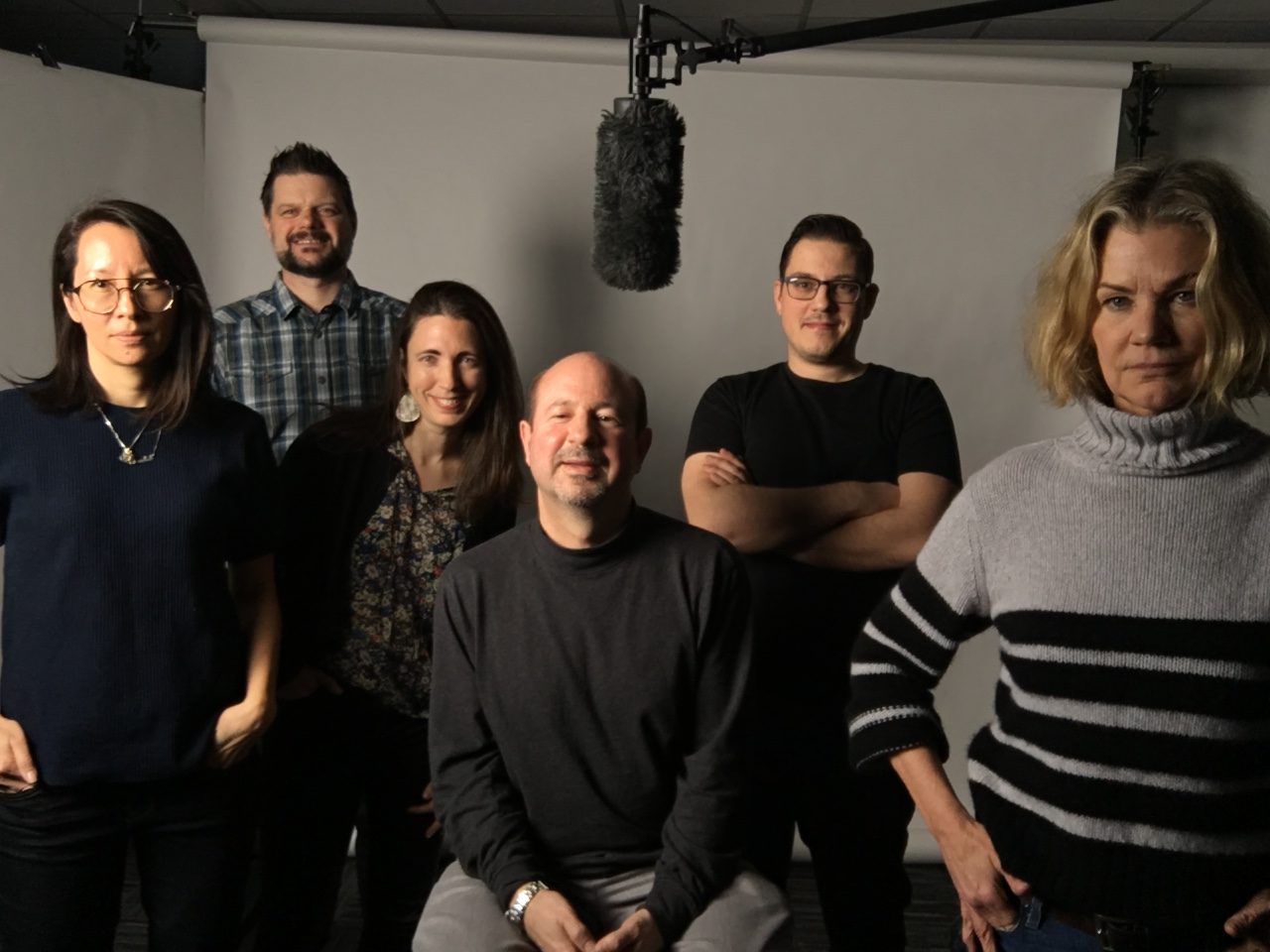The SDG Academy recently wrapped up filming for its new MOOC on climate science, taught by climate expert Michael Mann. Keep reading for a behind-the-scenes sneak peek!
“There is no more noble pursuit than fighting to make sure that our political debate over climate change, and what to do about it, is informed by objective, sound, scientific evidence.”
Leading climate expert and Distinguished Professor of Atmospheric Science Dr. Michael Mann often finds himself wearing multiple hats as a climate scientist, educator, advocate. As lead author of the 2001 Intergovernmental Panel on Climate Change (IPCC) Report, organizing committee chair for the National Academy of Sciences Frontiers of Science in 2003, and recipient of NOAA’s outstanding publication award in 2002, among others, Mann has been recognized by Scientific American as one of the “fifty leading visionaries in science and technology.”

Additionally, Mann has a mission to translate the deep science behind climate change for the general public, reflected in his recent collaboration with the SDG Academy to produce a massive open online course (MOOC) on climate science.
Earlier this month, three days of course filming took place at the Penn State Department of Meteorology and Atmospheric Science. Mann brought together perspectives across diverse branches of science to explain the deep, complex—and beautiful—inner workings of the climate system. He created a framework for understanding and interpreting climate models and how they can be used to make projections about future climate change impacts on both people and the planet. Mann described his own contributions to the climate science dialogue, going back in time through his research on prehistoric climate data from ice cores samples and tree rings. These prehistoric climate archives demonstrate the dramatic effect that humans have been having on the climate since the industrial revolution.

On set, Dr. Mann emphasized the importance of “bringing together scientists from different directions with different tools and different knowledge bases…which has allowed us over time to increasingly conquer this interdisciplinary problem of understanding how earth’s climate system works.” Students will discover how such diverse research perspectives can be eye-opening, such as recent research that incorporates glacier physics into climate models and demonstrates the powerful effects of previously underestimated feedback loops. Such perspectives are essential to provoking responsible climate action.
Humanity has an increasingly small window of time—about 10 years— in which to reduce emissions and prevent the world from warming beyond 2°C, what many scientists have identified as a possible irreversible tipping point. In order to do so, we need a framework for science-driven policy, planning and action. The Climate Science course, with Mann at the helm, will provide this framework.
The course will launch September 2019. Stay tuned for updates!
